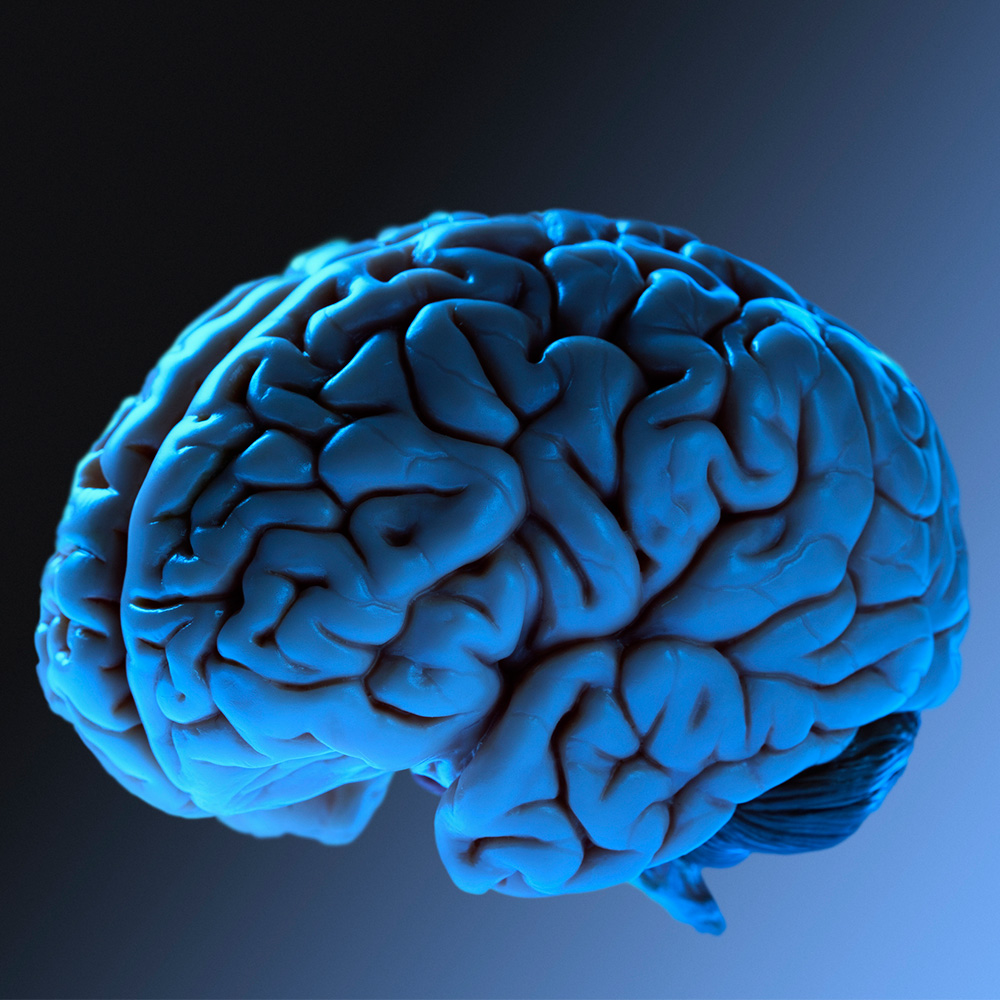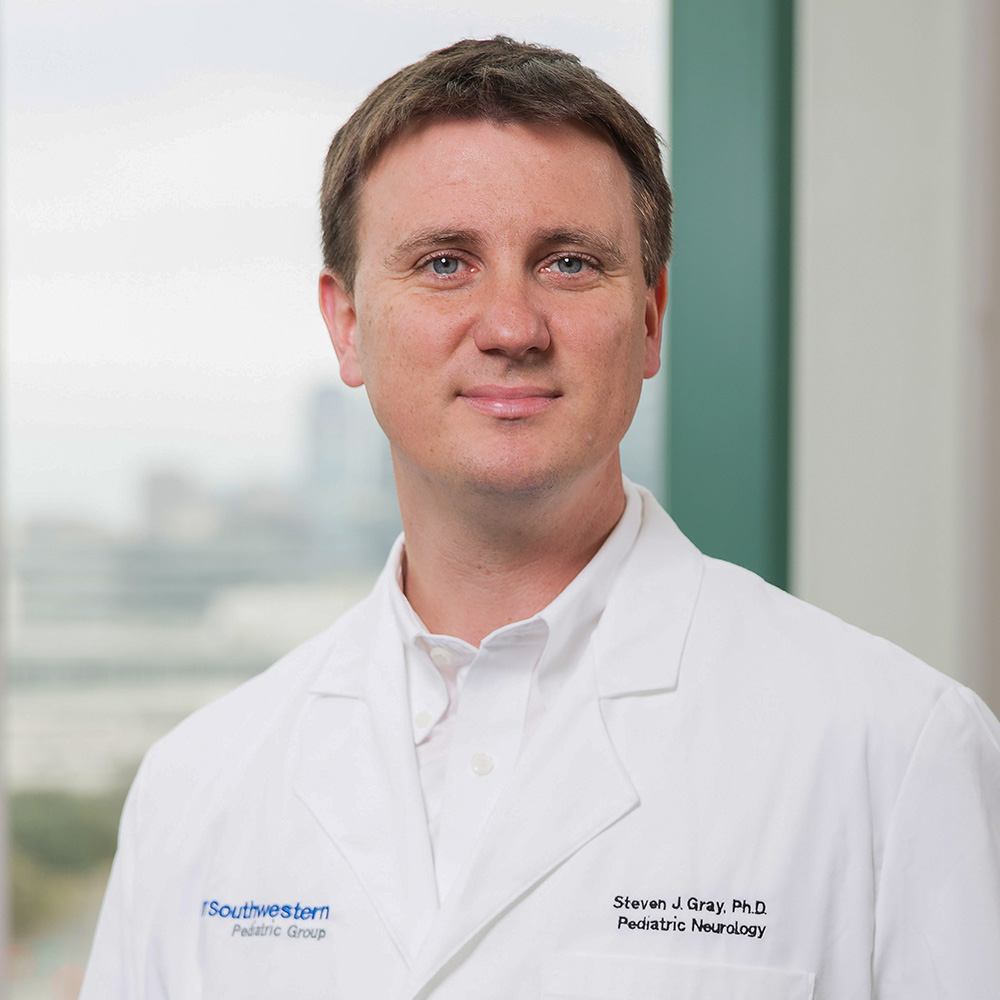Dallas man supports Alzheimer’s research in wife’s memory
By Gregg Shields
When Alzheimer’s disease started its devastating spiral of progression in Guinevere Blackstone, her husband, Edward, searched the country for the best treatment facility. Her California-based doctor had one recommendation: UT Southwestern Medical Center.
“She said the Alzheimer’s Disease Center at UT Southwestern was tops in both research and treatment,” said Mr. Blackstone “Now that I’ve seen it in action, I agree.”
Dr. Myron Weiner, Professor Emeritus of Psychiatry, initially treated Mrs. Blackstone. Her care team eventually expanded to include Dr. Roger Rosenberg, Director of the Alzheimer’s Disease Center, Professor of Neurology and Neurotherapeutics, and of Physiology; and Dr. Mary Quiceno, Associate Professor of Neurology and Neurotherapeutics.

The signs of Mrs. Blackstone’s Alzheimer’s disease began in 1998, with her frequently getting lost. She also had several risk factors for developing Alzheimer’s disease:
- Women have a 35 percent higher risk of developing the disease;
- As an African-American, her risk of developing Alzheimer disease was twice as high as Caucasians; and
- She had a family history of the disease.
Mrs. Blackstone’s physicians in San Francisco first diagnosed her condition, which the UT Southwestern Alzheimer’s Disease Center later confirmed. In 1999, the couple moved to Dallas for her treatment here.
In addition to regular treatment, Mrs. Blackstone participated in the early trials of anti-Alzheimer’s drugs before her death in 2013.
“I guess it had some good effect,” Mr. Blackstone said. “She lived with Alzheimer’s for 14 years.”
In her memory, Mr. Blackstone carries on the fight against Alzheimer’s disease by participating in clinical trials. He currently is participating in two Alzheimer’s studies at UT Southwestern, serving as a control study subject among a group of healthy seniors who experienced many of the same environmental factors as his late wife.
“Once you look around and see people, and how desperate the situation is, how can you sit still?” Mr. Blackstone observed. “Any little bit anyone can do, they should do it. Anything I can do, I’d do it.”
Mr. Blackstone participates in the Center’s Neurobiology of Alzheimer’s Disease and Aging study, as well as a Texas Alzheimer’s Research and Care Consortium study. These ongoing investigations involve annual visits to campus for neuropsychological testing, physical and neurological exams, blood sampling, and possibly brain imaging. The data collected from these visits then can be shared by many investigators studying the aging brain and disorders of cognitive function.
Looking ahead, Mr. Blackstone hopes that the research in which he is participating will one day lead to new treatments for others with Alzheimer’s disease.
“After helplessly watching your loved one fade away from life, it gives you much pleasure to finally be helpful in some way by participating in research,” Mr. Blackstone said.
Healthy seniors, as well as those suffering from mild cognitive impairment or early Alzheimer’s disease, are needed for these studies. For more information, call 214-648-0563.
###
Dr. Rosenberg holds the Abe (Brunky), Morris and William Zale Distinguished Chair in Neurology.




